Editor’s Note: August 16 marks the 40th anniversary of Elvis Presley’s death. Presley was one of the most celebrated musicians of the 20th century, and is frequently referred to as “The King of Rock ‘n’ Roll.”
Big hair, leather jackets and a touch of danger – these were photographer Denny Renshaw’s first impressions of Japan’s “Roller-Zoku” gangs.
Inspired by the likes of Carl Perkins and Elvis Presley, Roller-Zoku is a fashion tribe that gained traction in the 1980s when a rock ‘n’ roll and rockabilly revival swept Japan. The groups are still active today, with regular gatherings and musical performances taking place all over Tokyo.
For Renshaw, creating a photo series about the Roller-Zoku gangs has been an evolutionary process. He began collecting images of them in 2013, but he said his first two trips to Japan resulted in an “incomplete” set of photographs. In the hope of completing the series, Renshaw returned to Japan again this year. CNN spoke to him about the unique fashion and subculture of the Roller-Zoku.
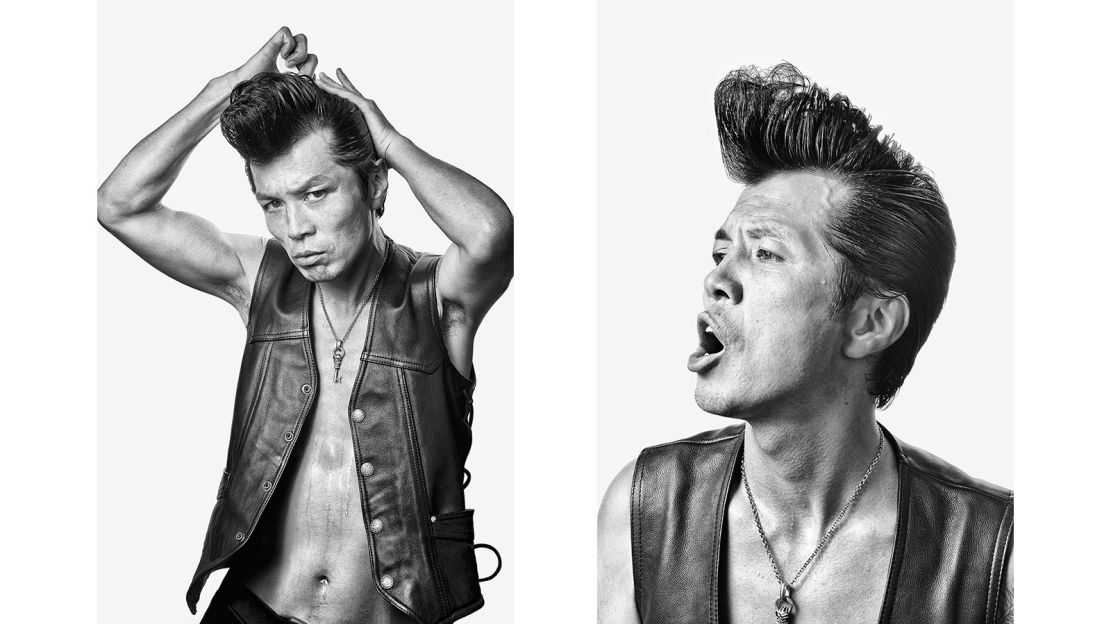
CNN: What does the name Roller-Zoku mean?
Denny Renshaw: Zoku means “family,” though it also roughly translates to “tribe.” You’ll often hear them call each other “rollers.”
The tribe gets together once a week – often on Sundays, like many of Japan’s fashion tribes – and its members (gravitate) around the things they are interested in. I’ve been to big meetings with 30-plus people, and others with about ten.
CNN: How did you first come across the Roller-Zoku gangs?
DR: I was in Tokyo on vacation in 2009, and as we walked around the park, we stumbled upon these incredibly-dressed rockers. They immediately grabbed my attention.
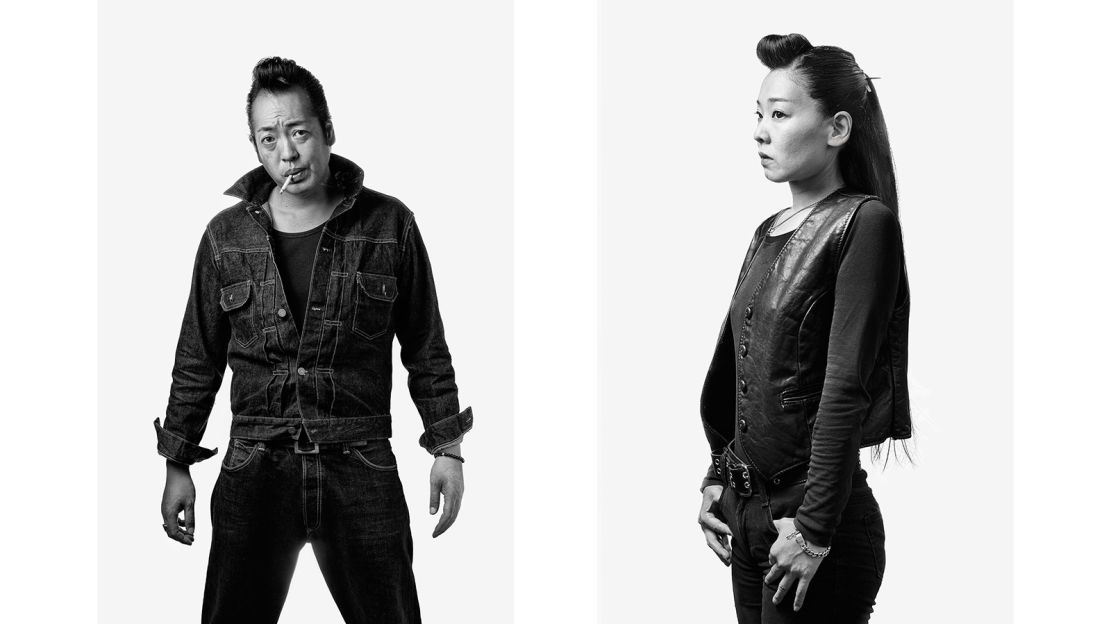
CNN: What was it about them that caught your eye?
DR: Their look is so striking – the big hair and their clothes. They have a swagger about them, and an attitude and style seemed just a touch dangerous.
I’m originally from Jackson, Tennessee, where rockabilly music is originally from and not far from Memphis. Memphis, of course, is the home of Elvis Presley and SUN recording studios.
When I first saw the Roller-Zoku I was immediately reminded of that influence.
CNN: How did your first portraits of the Roller-Zoku come about?
DR: At first, I couldn’t find them. Whoever I had spoke to sent me in the wrong direction. I eventually went into a rockabilly record shop and made friends with the owner, who was quite helpful and willing to draw me a map. But he told me that photographing the gang would likely be “impossible.”
He was partially right. At first the rollers didn’t want anything to do with it. I went through a long process of rejection. Even as I began to make friends, I was told that permits and locations would be an issue.
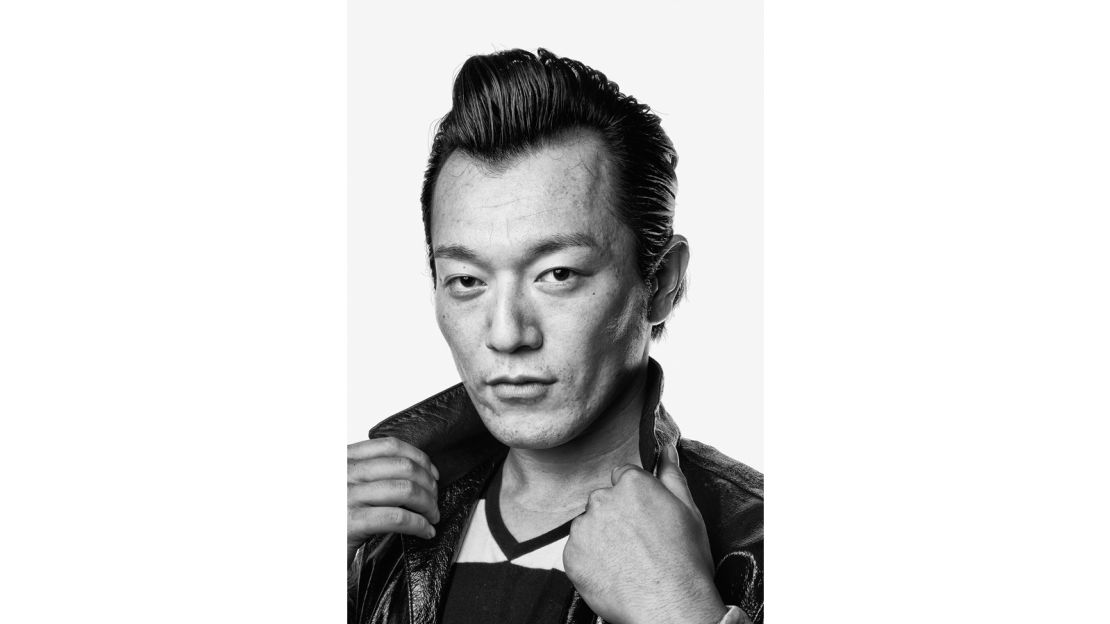
Eventually I managed to shoot a few photographs with some of the connections I had made. But there were just six subjects, which wasn’t enough to make a full series. I left with a mini-series that was promising but far from complete.
CNN: How did you build the collection from there?
DR: Two years later, I flew back to Japan purely for the sake of completing this series. It was on this trip that I got particularly lucky.
One night I was at Shibuya Crossing – one of the most populated intersections in the world – and I spotted these rockers getting out of a taxi with a guitar. I stopped one of them and asked where they were playing.
It happened to be the birthday party for Pitpi, one of the original vocalists of The Cools – a 70s Japanese band that was very important to the rock ‘n’ roll revival in Japan – and they asked me to join, so I did.
When I looked around, I realized the people I had traveled around the world to photograph were here in front of me. I approached some of the attendees to see if they’d let me take their photographs, but initially there was a lot of polite resistance.
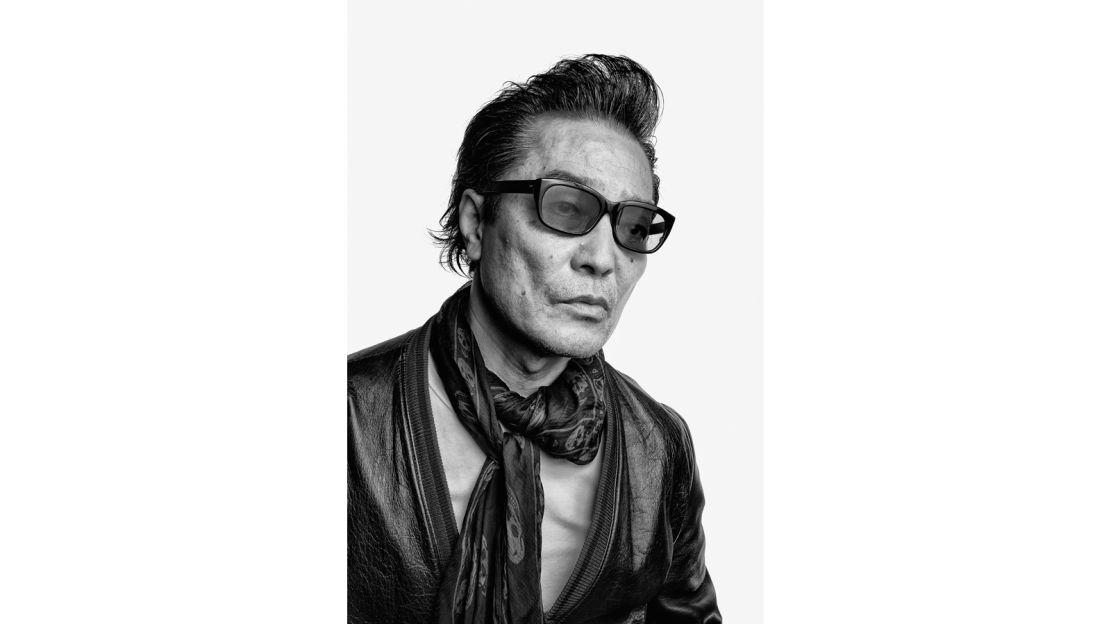
But then I asked Pitpi (whose birthday they were celebrating) if I could photograph him. Because he said yes, the audience members in the bar also started saying yes.
This was a crucial moment in growing the photo series.
CNN: How did your approach differ on your most recent visit to Japan?
DR: This time I focused on building the relationships that I’d forged in 2013. This trip was more organized, and I used my connections. On the trip before, I was basically hanging by a thread.
CNN: What is it about the Roller-Zoku that makes them so unique?
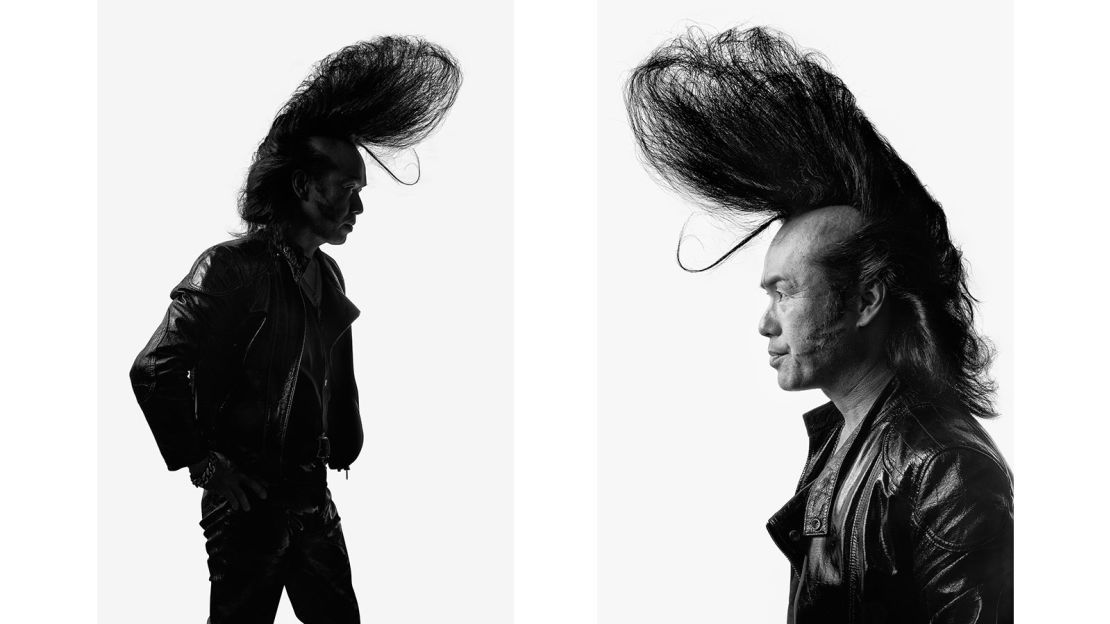
DR: When rockabilly and rock ‘n’ roll music were first introduced to Japan, they were marketed as just one idea. In Japan, the two genres are often simply referred to as “rock ‘n’ roll,” which is something particularly unique.
Another – and perhaps more obvious – answer is the large and extravagant hairdos. They are called pompadours in the West, but in Japan the hairstyle is called a regent.
Some members shave in a receding hairline to achieve a more authentic hairdo. They can spend hours on their hair. The guy with the biggest hair that I’ve seen is part of a gang called Black Shadow – one of the original Roller Zoku gangs – and he apparently spends one and a half to two hours a day on it, but says at times he has spent as much as four to five hours.



















